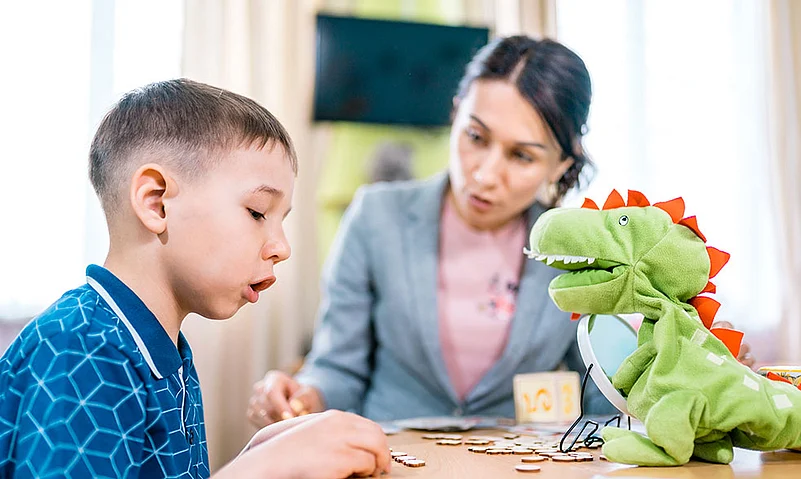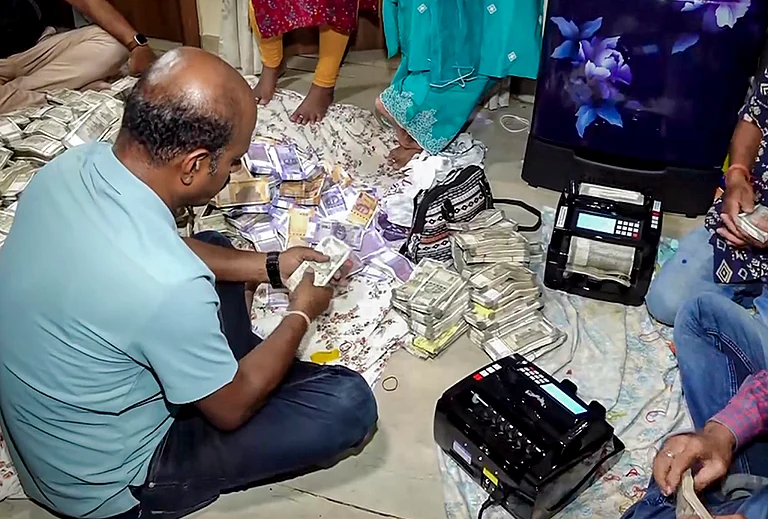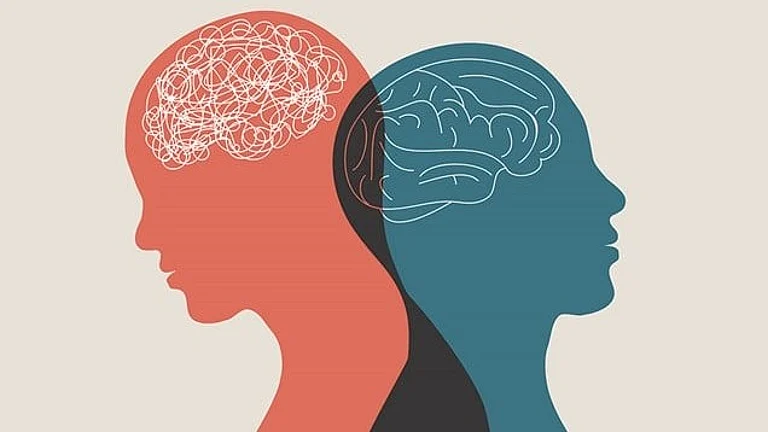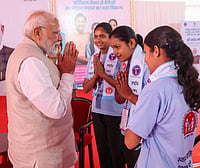Meena, a 39-year-old mother from Bhubaneswar, has been caring for her 10-year-old son diagnosed with autism and ADHD (attention-deficit/hyperactivity disorder). Her day starts at 5AM and revolves entirely around her son’s needs—feeding, toileting, therapy, and behavioral support—leaving little time for rest or personal care.
Over the years, Meena has developed chronic back pain and hypertension, yet finds little help from extended family or community. “It’s not just tiring, it’s isolating,” she says. “Most people don’t understand what I go through.” Despite her love for her child, she admits feeling emotionally and physically drained.
“Sometimes, overwhelmed by exhaustion and frustration, I lash out at my special child — and I know it breaks my heart because he deserves so much more patience and love,” she says with a heavy sigh.
Meena’s experience reflects what a recent study by National Institute of Technology (NIT)Rourkela highlights: The urgent need for integrated support systems for parents of children with developmental disabilities, emphasizing that such holding hands is crucial for the overall well-being and welfare of individuals with special needs.
As per the research, led by Dr. Ramakrishna Biswal, Associate Professor, Department of Humanities and Social Sciences, and research scholar Abhijit Pathak, caregiving places immense physical and emotional stress on parents—especially mothers—leading to chronic health issues, fatigue, and social isolation.
The study published in the Asia Pacific Journal of Social Work and Development dwells in detail how the continuous demands of caregiving impacts parent’s physical health, ultimately affecting their overall quality of life. It has called for a policy shift in India’s disability care framework—one that also recognizes the needs of caregivers as central to the child’s development journey.
Dr. Biswal emphasized that caregiving should not be a solitary burden. “When caregivers are supported—through healthcare, social acceptance, and shared responsibility—the child and the family both thrive,” he noted.
“Raising a child with developmental disabilities presents unique and often lifelong challenges. From teaching basic self-care to managing behavioural and sensory difficulties, parents face different situations that others may never experience. This results in deep emotional exhaustion and physical symptoms such as headaches, ulcers, chronic pain, and fatigue, particularly among mothers, who often handle major part of caregiving responsibilities. Over time, these physical ailments further reduce their ability to cope,” said the researchers after surveying 400 parents and caregivers of children with conditions like autism, attention deficit hyperactivity disorder (ADHD), cerebral palsy, and multiple disabilities.
By using culturally adapted tools and advanced statistical techniques, the NIT Rourkela team found that a parent's physical health plays a key role in shaping how stress impacts their body, mood, and relationships.
“Disability rights are rightly acknowledged, yet the invaluable contributions of caregivers often remain in the shadows. Caring for a child with developmental disabilities should not rest solely on parents, it is a shared responsibility of family, neighbors, and society.”
The researchers implemented the biopsychosocial model, which considers health to be shared by the complex interaction between physical, psychological, and social forces. This model enables the researchers in recording the interrelated effects of stress and how physical health operates both due to stress and as a factor that deepens its impact. The study however did not take into account challenges such as financial strain.
Lending her voice to the study’s findings, Maneesha Sharma, mother of a son born with Down Syndrome, shared her personal journey dotted with emotional and legal battles. “I consider myself blessed to have had a supportive family,” she said. “While my son was rejected by my husband and in-laws, and I had to fight a 10-year legal battle just to secure his basic rights, my parents and my aunt stood by me—unconditionally. Their unwavering support gave me the strength to carry on.”
“Having said that, not all special parents are that blessed,” said Maneesha, a TeDx speaker Director of the Federation for Futuristic and Sustainable skills (FFASS).
We need to have a system which is empathetic, where parents can leave their children without having to worry on what will happen to them when they are not there. Inclusive for all not leaving anyone behind, she added.
Rajeshwari a Delhi-based noted mental health activist and mother of a daughter having mental illness, echoed the study's findings with deep empathy. Drawing from her experience as a member of several government panels on disability and mental health, she stressed the critical need to support caregivers—especially mothers.
“It is incredibly challenging to care for a child with mental illness or developmental disabilities,” she said. “The emotional, physical, and psychological toll it takes on parents, particularly mothers, is immense and often invisible. That is why it is absolutely essential to offer structured counselling—not only to guide them in handling their child’s needs, but also to help them safeguard their own well-being. Because only a healthy, supported parent can truly nurture and protect a child with special needs.”























